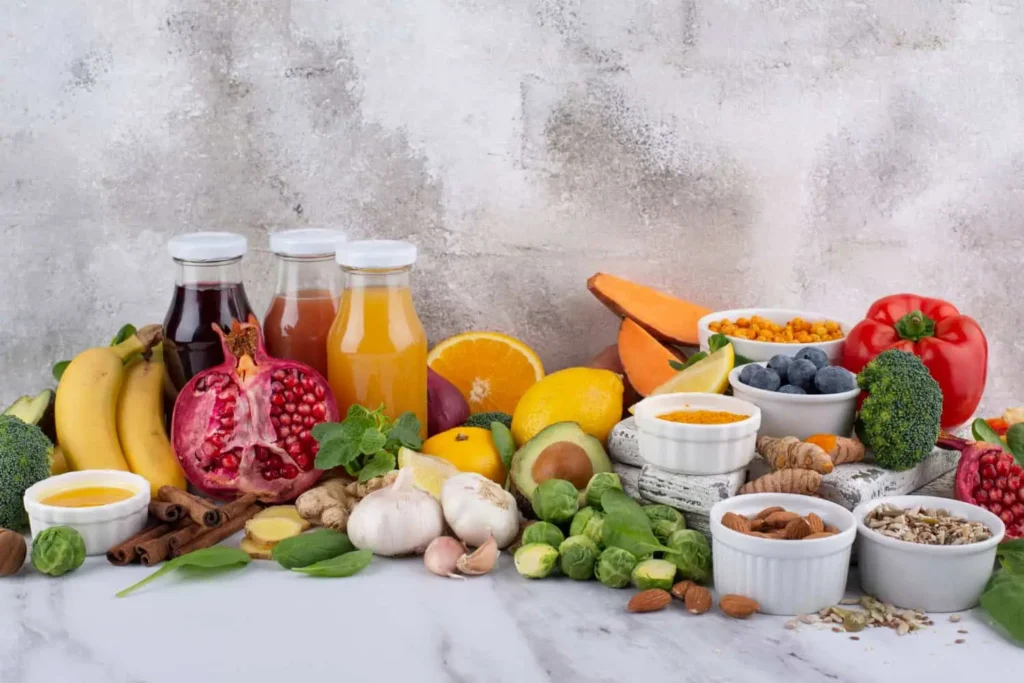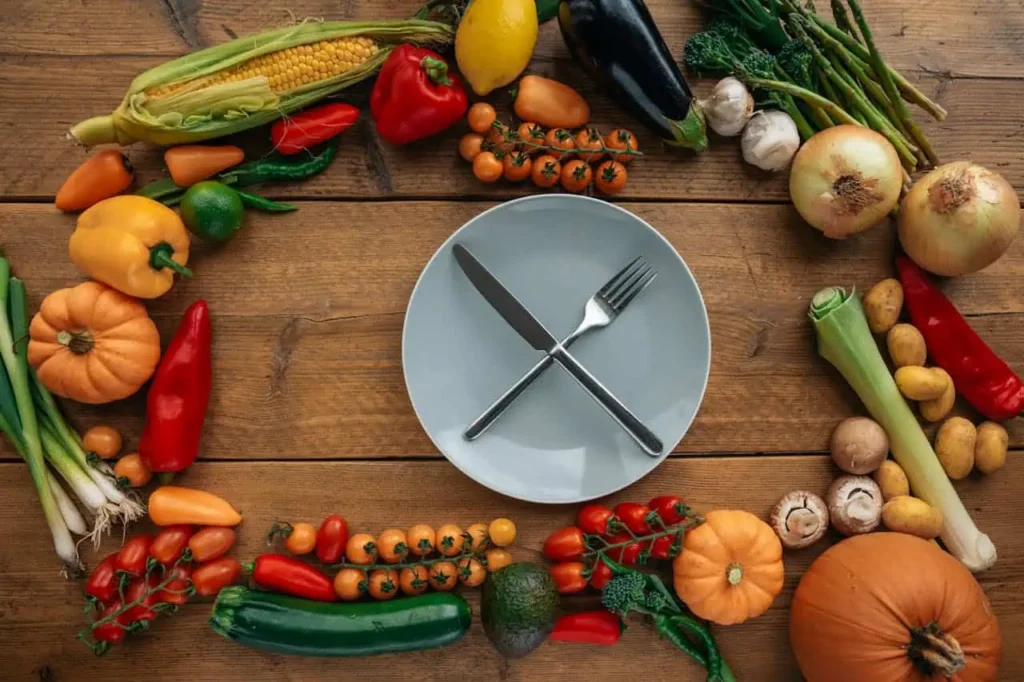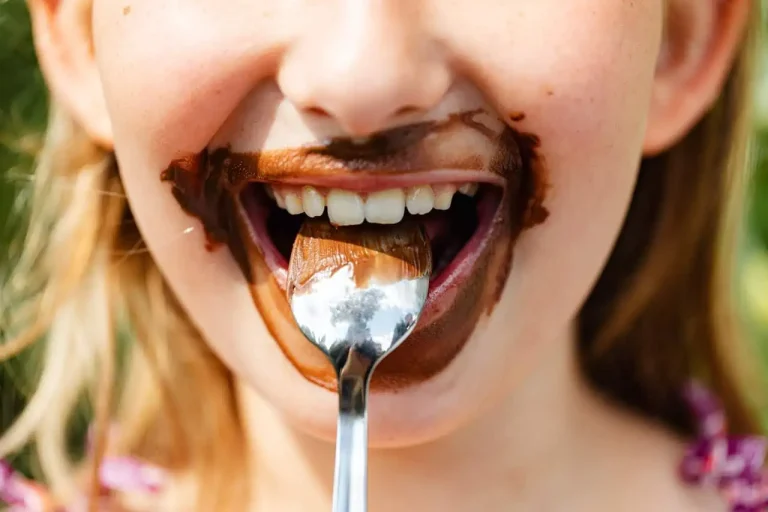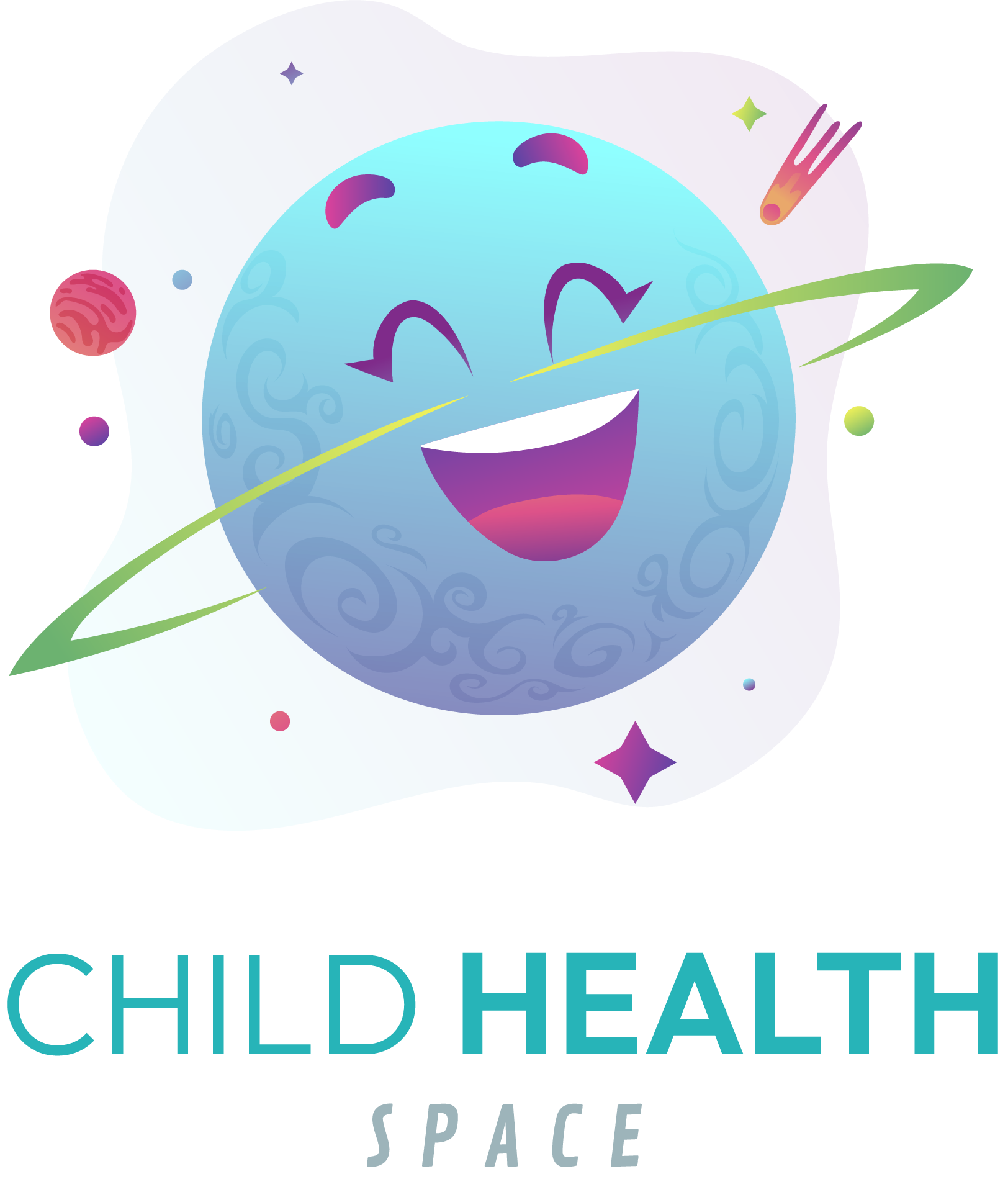
Gut health is very important for the overall health of children. The digestive system plays a crucial role in overall well-being. It has been proved that a healthy gut is key for the proper functioning of the body.
There are many ways to maintain a healthy gut. One easy and applicable method is to add foods that are rich in probiotics and prebiotics. This blog post will provide a complete list of probiotic and prebiotic foods. First of all, we should know about prebiotics and probiotics.
What are Probiotics?
Probiotics are live bacteria and yeasts that are helpful for the digestive system. These are the microorganisms that keep gut microflora in balance. Probiotics are found in fermented foods such as
Yoghurt
Kefir
Saurekraut
Probiotics can be obtained from supplements as well.
What are Prebiotics?
Prebiotics are the fibres that the body can’t break down. Prebiotics are substances that are indigestible to the body. They nourish and support the growth of beneficial bacteria in the gut. There are many foods that are rich in prebiotics, such as
Fruits
Vegetables
Whole grains
What Are The Benefits of Probiotic and Prebiotic Foods:
Probiotic and prebiotic foods provide several health benefits, including
1. Better digestion:
Probiotic foods are helpful for food breakdown in the body. After the breakdown, nutrients are properly absorbed and available for body functions. Probiotics prevent constipation and regulate the movements of the bowel.
2. Boosted immune system:
Probiotics regulate the innate and adaptive immunity in the host. This is done by modulation of functions of macrophages, dendritic cells, and lymphocytes. They also help to activate the toll-like receptors and regulate immunomodulatory functions.
3. Reduced inflammation:
Probiotic bacteria release anti-inflammatory cytokines in the gut. They can affect various immune cells including macrophages, lymphocytes, monocytes and epithelial cells.
4. Improved mood:
Probiotic bacteria release anti-inflammatory cytokines in the gut. They can affect various immune cells including macrophages, lymphocytes, monocytes and epithelial cells.
Prebiotic Foods for Kids:

1. Chicory Root:
This is one of the best sources of prebiotics. It is a good source of inulin. It closely resembles the prebiotic compounds present in the mother’s milk. Inulin is a soluble fibre that promotes the growth of beneficial gut bacteria.
2. Garlic:
Garlic is a rich source of prebiotics. It has immune-boosting properties. It contains fructooligosaccharides (FOS) that improve the growth of beneficial bacteria.
3. Onions:
Onions are a rich source of
Prebiotics
Flavonoids
Antioxidants
Inulin
Fructooligosaccharides
They strengthen gut health and improve immunity. Onions are a versatile ingredient abundantly used. They add flavor as well as nutrition to any dish. They are also a good source of prebiotics, such as inulin.
4. Leeks:
Leeks are a member of the onion family. They contain soluble fiber including prebiotics. These bacteria then produce short-chain fatty acids like Acetate
Propionate
Butyrate
They keep the gut healthy and improve immunity.
5. Asparagus:
Asparagus is a delicious vegetable that is rich in inulin. It is a soluble fiber that feeds lactobacillus and Bifidobacteria.
6. Bananas:
Banana is a widely used fruit that is rich in prebiotics. They contain resistant starch which is a prebiotic fiber. It can help improve gut health.
7. Apples:
A fruit that is highly nutritious and a good source of prebiotics is apples. They contain a soluble fiber called pectin. It promotes the growth of beneficial gut bacteria.
8. Oats:
Beta-glucan is a type of prebiotic fiber that is present in oats. It can encourage the feeling of fullness. It also boosts the growth of beneficial bacteria.
9. Barley:
This wholesome grain is rich in probiotics. It contains beta-glucan, which is a prebiotic fibre. Beta-glucan is helpful for gut health and improves overall well-being.
10. Flaxseed:
One of the prebiotic-rich seeds is flaxseed. It contains lignans, which is a prebiotic fibre. Lignans support the growth of beneficial bacteria.
The growth of beneficial bacteria can be promoted by using these foods. They improve digestion in children and support overall health.
List of probiotic foods for kids:

1.Yogurt:
Yoghurt is a well-known rich source of probiotics. It contains live bacterial cultures for improved digestion. Yoghurt also contains calcium and other minerals that boost the immune system.
2. Kefir:
Kefir is a fermented beverage with yoghurt-like properties. It has a range of beneficial bacteria and yeasts. Kefir is a natural source of calcium and vitamin D. Both of them are required for healthy bones and a robust immune system.
3. Sauerkraut:
Another healthy source of probiotics is sauerkraut. It is a lacto-fermented form of cabbage. It is also a good source of gut-friendly. Sauerkraut is also a rich source of vitamin C and Vitamin A. Both of them are strong antioxidants and are required for healthy skin and eyes.
4. Kimchi:
It is a fermented product that tastes light and refreshing. It provides essential bacteria (probiotics) that help to diversify the gut microflora. Kimchi also contains amino-acids which are required for the production of serotonin. This chemical messenger has an impact on mood and stress reduction.
5. Tempeh:
Tempeh is a traditional fermented food. This is made from soaked and cooked soybeans. These are inoculated with a mold, usually Rhizopus. When fermentation has completed, these soybeans are bound together into a compact cake. Tempeh is a rich source of probiotics. Apart from probiotics, it also offers lots of omega-3 3 fatty acids. They are helpful for developing healthy brains and eyes.
6. Miso:
Miso is a paste of fermented soybeans that is used mostly in Japanese cooking. This paste is prepared by fermentation of steamed soybeans with salt, grains and koji (a type of fungus).
On one side, miso is a robust source of probiotics, proteins, and vitamins B and K. It also contains a high content of sodium, which in excess is unhealthy.
7. Pickles:
These are prepared with fermented cucumbers. Pickles are a good source of probiotics for kids. But they
also contain a high amount of sodium, so use cautiously
8. Kombucha:
Kombucha is a fermented tea drink. This is prepared by fermentation of tea and sugar with the help of bacteria and yeast. First of all, bacteria and yeast grow to form a culture. This culture is then added to sugar and tea. After proper mixing, this mixture is allowed to ferment properly.
This drink supports a healthy gut-brain connection. It also helps to ease many childhood illnesses like colic
and indigestion.
9. Sourdough Bread:
It is a naturally leavened bread that doesn’t use commercial yeast. This is made from a mixture of fermented flour and water. It has a tangy flavor and slightly chewy texture. It is more nutritious than regular bread and easily digestible.
10. Apple Cider Vinegar:
Apple cider vinegar is a fermented vinegar. It contains healthy bacteria and is considered a good source of probiotics. It also contains acetic acid that kills some bacteria in the body.
This list of prebiotic and probiotic foods helps in improving the gut health of children. These foods in meals can boost their immunity. Before making any significant change in a child’s diet, consult with a healthcare professional.
Conclusion
Probiotic and prebiotic foods in the child’s diet are an easy way to boost their gut health. These foods can be added in different forms to make meals attractive for kids. So, begin modestly with creativity and make it fun. Your child’s gut will thank you.
FAQs
- What are the advantages of probiotic and prebiotic foods for children? Probiotic and prebiotic foods strengthen the immune system and improve digestion. They even improve the mental health of children.
- What are the ways to add probiotic and prebiotic foods into a child’s diet? Try adding sliced bananas to cereal or oatmeal. Serve plain yoghurt with fresh fruits like apples or bananas. Mix sauerkraut into a sandwich
- Are there any side effects of consuming probiotic and prebiotic foods?
For most children, probiotic and prebiotic foods are safe. They have no risks associated with their use. If your child has a weakened immune system or is taking medications, speak with their healthcare provider before introducing new foods into their diet. - Can I give my child probiotic supplements instead of food?
Probiotic supplements can be given but it is advised to give foods containing probiotics. - How long does it take to see the benefits of gut health after using probiotic and prebiotic foods?
It may take many weeks or even months to see the improvement in gut health with continuous use of probiotic and prebiotic foods.








1 thought on “10 Probiotic and Prebiotic Foods: A Guide to Boosting Gut Health of your Kids.”
Hey! I just would like to give an enormous thumbs up for the good info you’ve here on this post. I might be coming back to your blog for more soon.